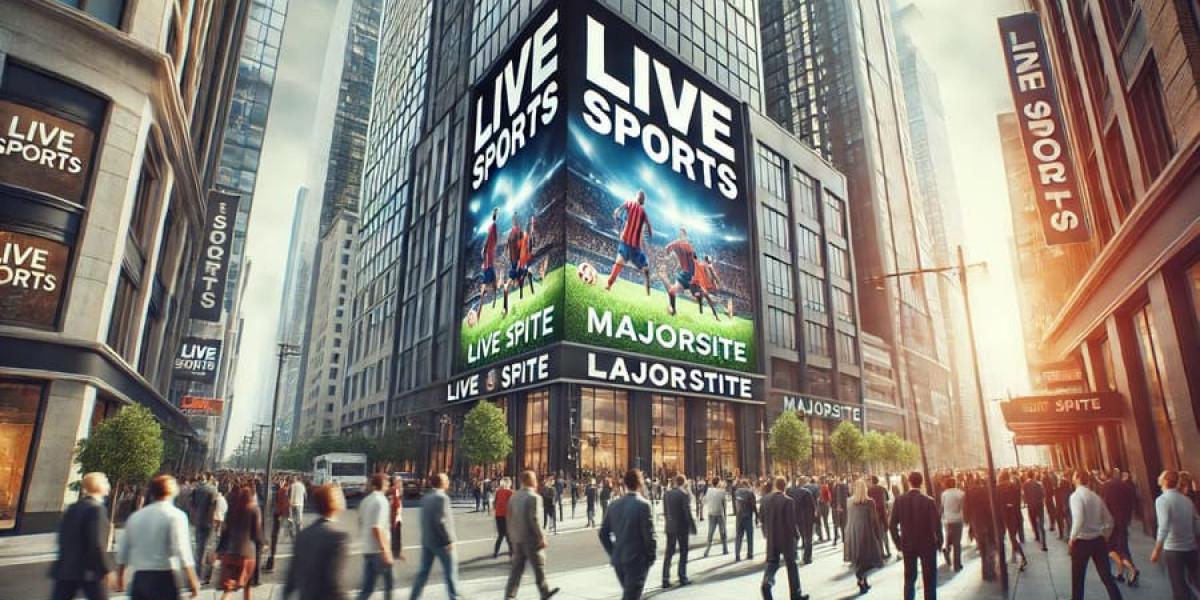The way we plan events is changing fast. In 2025, a great event isn't just about a good speaker or a nice venue. It’s also about using the right event technology to make everything simple, fun, and easy for everyone involved.
From the first person who signs up to the very end of the event, digital event planning tools are now a must-have. They help you save time, get important information, and create an experience that feels modern and well-organized.
Must-Have Event Planning Tools to Consider in 2025
Here are the top 10 tools you’ll need to make your events a huge success in 2025.
1. Smart Event Registration Platforms
Every guest's journey starts here. The old way of signing up with long, confusing forms is over. Today, a smart event registration system like Dreamcast is your first and most important tool. These platforms are simple and easy to use, and they handle everything from selling tickets to managing your guest list. The best ones for 2025 have clean sign-up pages, different payment options, and the ability to ask for specific details so you can make the event special for each person.
2. Your Own Mobile Event App
Having a mobile app is no longer just a nice extra; it's a key part of your event technology toolkit. A personalized mobile event app acts like a guidebook for your event, right in your attendees' pockets. They can see their personal schedule, read about the speakers, find their way around the venue with a map, and connect with other people at the event. These apps also let you send real-time updates and notifications about changes or important news, keeping everyone in the loop.
3. New Ways to Check People In
No one likes to stand in a long line. Modern check-in tools make getting into an event fast and secure. These new tools are a game-changer:
Facial Recognition: This high-tech option lets guests check in just by looking at a camera. It's incredibly fast and easy, making a great first impression.
Self-Service Kiosks: These machines let guests scan a code from their phone and print their own badge right away. This saves a lot of time and helps you manage large crowds without needing a huge staff.
Turnstile Access: For really big events, using turnstiles with a digital ticket system is the best way to control who comes in. They can scan tickets or badges quickly and safely, making sure only the right people get inside.
These tools are at the heart of modern event technology because they focus on making the attendee experience as smooth as possible.
4. Advanced Event Badge Printing
While we're all about digital, a physical badge is still important for networking and security. Event badge printing has come a long way. Instead of printing badges a week before the event and having a stack of unused ones, you can now print them on demand. When a guest checks in, their personalized badge is printed in seconds with their name, company, and a unique QR code. This is a simple but powerful feature that many event planning platforms now include.
5. WhatsApp Automation
Everyone uses messaging apps, so why not for your event? WhatsApp automation is a powerful tool that sends automatic messages to your guests. This can be used for:
Sending event reminders and updates.
Sharing links to the event schedule.
Giving real-time alerts about last-minute changes.
Sending personalized welcome messages.
This part of your event technology plan helps you talk to your audience on an app they already use every day. It feels personal and is very effective.
6. Better Networking Tools
Networking is a huge reason why people go to events. The best event tools make it simple to meet new people. Modern platforms use smart technology to suggest who attendees should connect with, based on their job, interests, or the sessions they want to see. This takes the guesswork out of networking and helps people make real, useful connections.
7. Live Polling and Q&A
Keeping people engaged during talks is key. Tools for live polling and Q&A let your audience ask questions and vote on topics in real-time. This makes sessions more fun and interactive. It also gives speakers instant feedback and makes the audience feel like they are part of the conversation. These tools are a fantastic addition to any event planning platform.
8. Data and Analytics
The most important part of great digital event planning tools is the information you get back. A good dashboard will show you how many people signed up, which talks were the most popular, and how long people stayed. This data is the secret to understanding your event's success and planning an even better one next time.
9. Virtual and Hybrid Options
Even for in-person events, a virtual option is a smart idea. Modern event planning platforms can bring both in-person and online guests together. They can live-stream talks, create virtual booths for sponsors, and allow online guests to connect with the people at the event. This helps you reach a much bigger audience around the world.
10. AI for Content and Promotion
The future of events is being shaped by AI. Tools that use artificial intelligence can help you with many tasks. They can write social media posts, design marketing pictures, and even write a quick summary of a long talk. This technology saves event planners a lot of time and lets them focus on making the event great, not on the small details.
Conclusion
Choosing the best event tools for your needs is about knowing what you want to achieve. From a smooth event registration process to advanced check-in tools like facial recognition, and professional event badge printing, the right event technology can turn a good event into an amazing one. In 2025, a smart mix of these tools will be the key to creating experiences that people will never forget.







